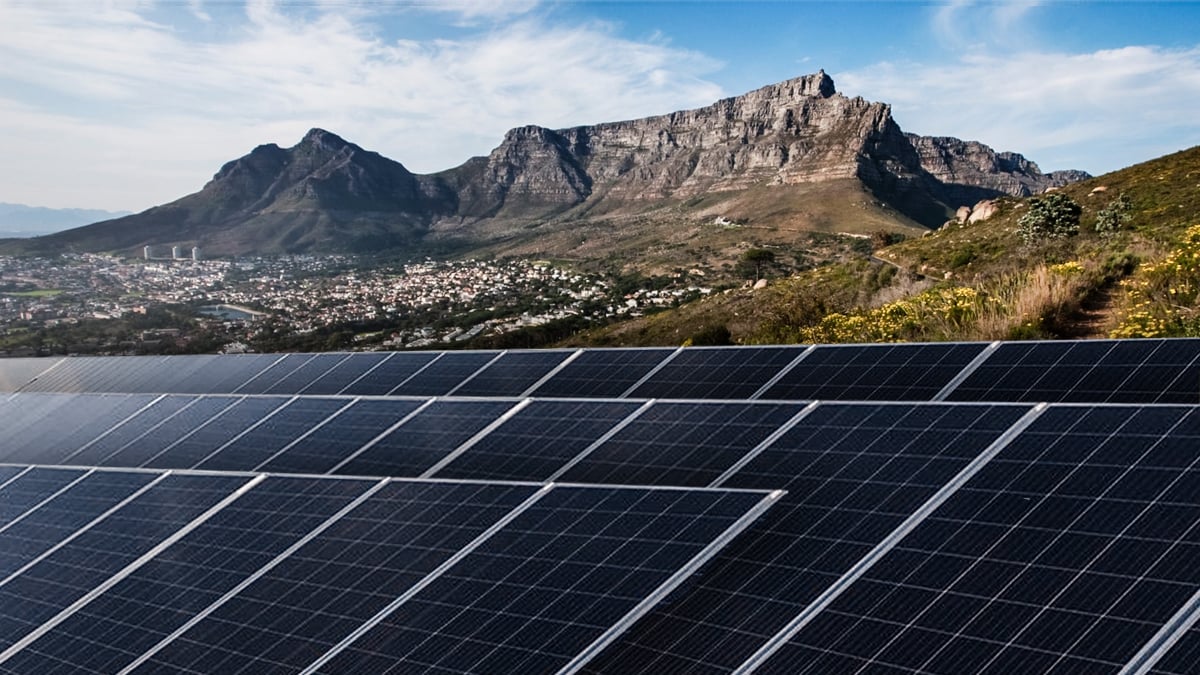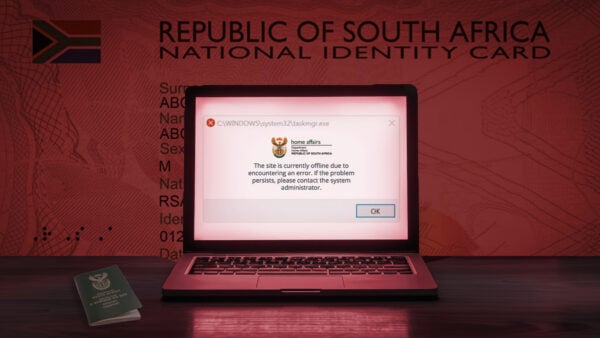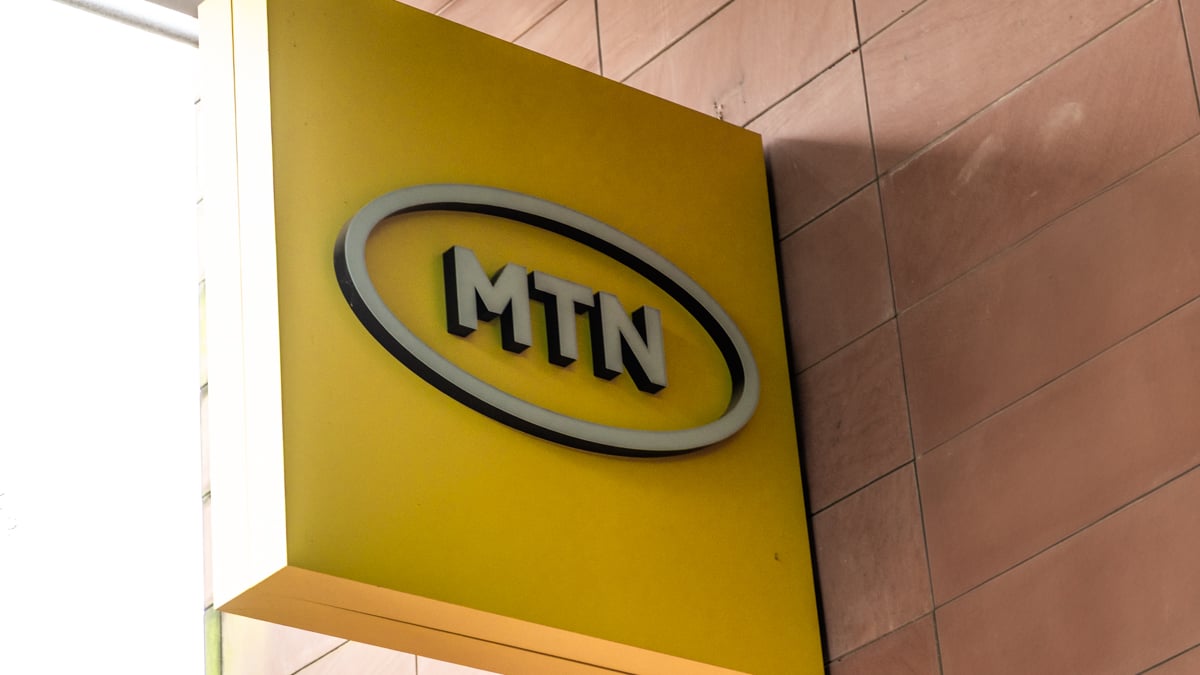Vodacom and Discovery give VAT warning
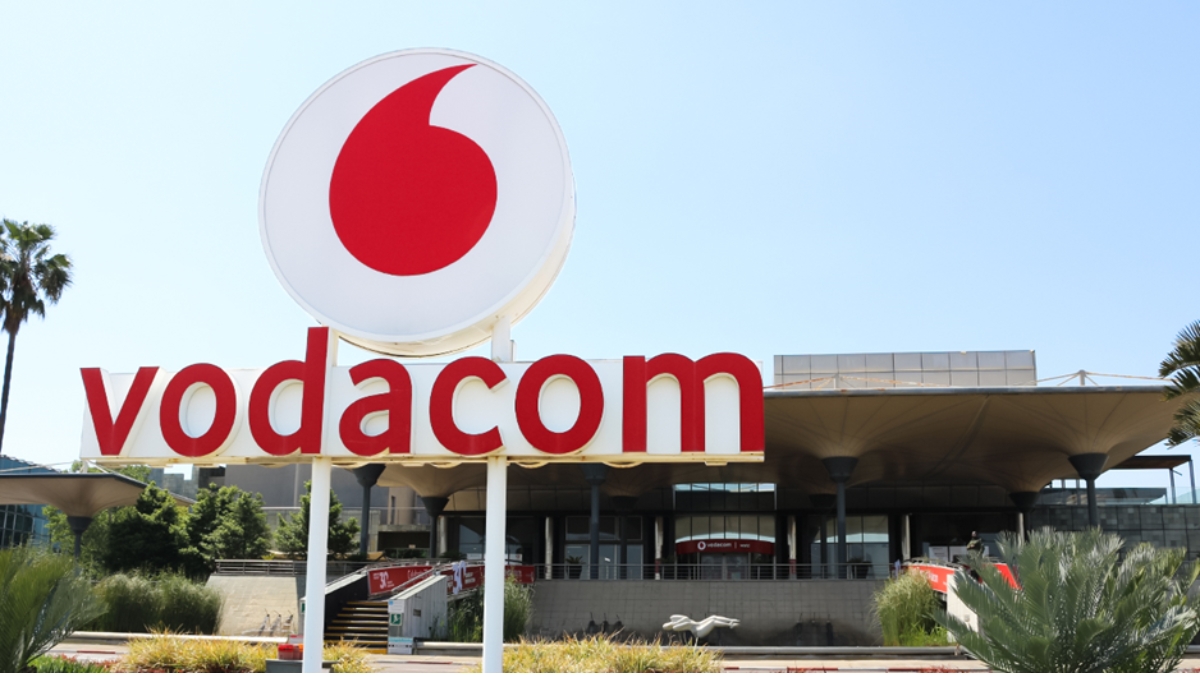
Several South African companies, including Vodacom, FNB, Discovery, and Rain have started warning their customers to expect a VAT hike from 1 May 2025 from 15% to 15.5%.
Following the drama in Parliament this week, and with the ANC and ActionSA sowing confusion about whether the VAT hike will proceed, many South Africans are uncertain about what to expect.
Legal experts have since weighed in and said it is extremely unlikely that the VAT increase will be blocked, and several companies have warned their customers to expect price adjustments as a result.
“With the recent VAT increase announcement, certain charges on your bill will change, effective 1 May ’25. Please look out for an email with more detail,” Vodacom said in a message to many of its customers.
The notifications from South African companies come despite claims from ActionsSA and the ANC that the VAT hike is not yet certain.
Parliament voted 194 to 182 to adopt the 2025 fiscal framework report, which was approved by the Standing Committee on Finance without any amendments earlier this week.
The report’s adoption is the first of several steps in implementing the controversial 2025 budget, with the tabling of the Tax Amendment Bill to follow.
Contrary to political parties’ claims that the VAT hike had been removed or ended, Finance Minister Enoch Godongwana has stated that it remains part of the budget.
On Tuesday, the standing committee shot down proposals to formally amend the budget, which would have forced the matter back to National Treasury for reconsideration.
Instead, the ANC and IFP committee members supported ActionSA’s non-binding “recommendation” to scrap the VAT hike and non-adjustment of tax brackets but not amend the budget.
This resulted in the framework being adopted without any changes, alongside a non-binding recommendation requesting alternatives be found within 30 days. It made no proposals on how this should be done.
The report was adopted by the National Assembly on Wednesday, with support from the ANC, IFP, ActionSA and smaller parties.
In a statement issued on Thursday, the ANC said it and several other parties supported a recommendation to reconsider the proposed 0.5pp VAT increase due to its potential impact on low-income households.
ActionSA parliamentary leader Athol Trollip has said in interviews that they only accepted the 2025 fiscal framework report under the condition that their recommendations be accepted.
The recommendations included that there should be no VAT or other tax increase and that the funds Treasury needs should be found elsewhere.
Trollip could not confirm whether their recommendation was legally binding.
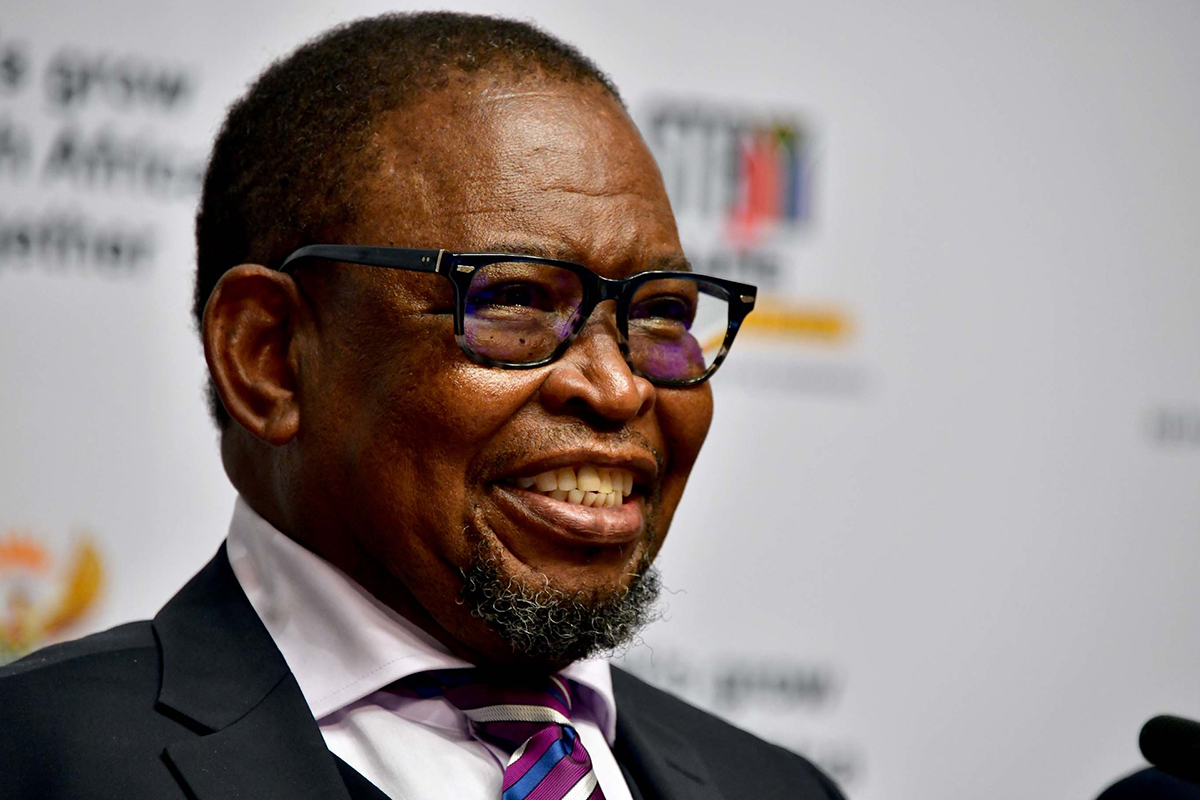
Halting the hike
Legal experts have said that the only way to prevent the VAT hike from taking effect is for government to table and pass a new law blocking it. However, this is highly unlikely to happen before it is implemented.
Still, ActionSA appears to believe its non-binding recommendation will stop the hike from happening. Trollip said there is money to be found, and the recommendation asks the Treasury to find it.
Treasury does not appear to share this view.
Godongwana said ActionSA had suggested finding other revenue sources to achieve the same objectives as the tax hikes.
Although National Treasury was open to these discussions and would “explore those avenues”, Godongwana emphasised that revenue measures, like the VAT hike and no adjustments to tax brackets, remain.
Godongwana said during his budget vote speech that parties have only been addressing one side of the equation, the revenue side, and have not made any proposals on the expenditure side.
He said only the Democratic Alliance had made proposals to cut spending.
Thus, the budget passed on Wednesday keeps the National Treasury’s revenue figures, meaning any changes, like cutting taxes, will require a replacement for the same amount.
Finding the proposed cuts would require around R31 billion. Additionally, any proposals and considerations would take time.
Godongwana said any suggestion for alternative revenue sources — such as a wealth tax, scrapping programmes, or other changes — would need to be tested, scrutinised and processed.
He said budget amendment proposals could be processed within the next financial year, but they require robust and lengthy discussions.
The finance minister added that things could change based on the revenue outlook.
If the South African Revenue Service (SARS) collects more money, the 0.5 percentage point VAT hike proposed for 2026 could be scrapped. However, this can only be determined later.
What happens next
Passing and adopting the fiscal framework and revenue proposals was only the first step in approving the budget.
The framework sets out government’s macroeconomic policy stance, revenue projections, and the overall spending ceiling for the financial year.
The next step is to process and pass the Division of Revenue Bill, which has to happen within 35 days after the adoption of the framework. The National Assembly is scheduled to do that on 6 May 2025.
This bill sets out how the total budget — guided by the fiscal framework — is divided among the three spheres of government: national, provincial, and local.
The third step is processing and passing the Appropriation Bill, which must happen within 4 months of the start of the financial year, 1 April. The date to have this done is 10 June 2025.
This bill provides for the actual allocation of funds to individual government departments, entities, and programmes.
Parliament said these timeframes must be carefully scheduled and kept to ensure that the National Council of Provinces also has sufficient time to conduct its budget process.
After adopting the Fiscal Framework and Revenue Proposals, the Division of Revenue and Appropriation Bills were immediately published in the official parliamentary papers and referred to the Standing Committee on Appropriations.
There are opportunities for parties that oppose the budget to frustrate the process, provided there isn’t majority support in the Committee or Parliament.

